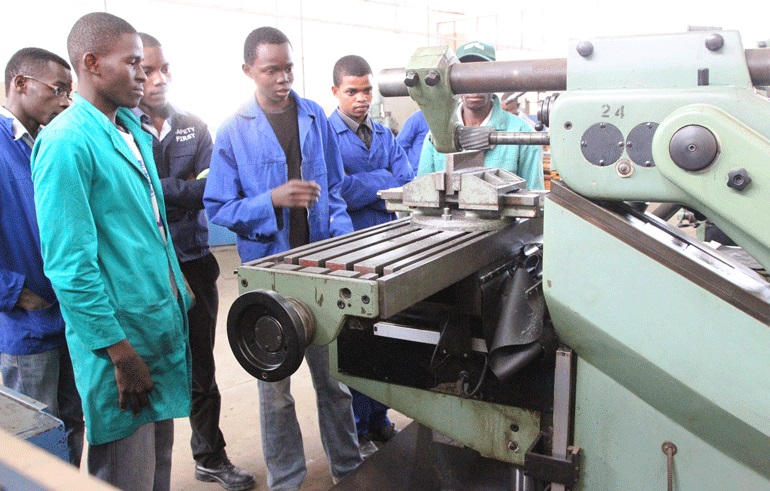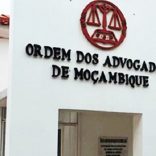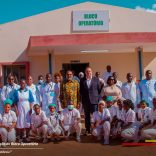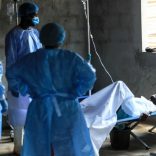Mozambique: Lawyers accuse Luanda court of vetoing judiciary mission
Mozambique: Government modernises technical education

File photo: Notícias
The Mozambican government is investing in the rehabilitation, equipping and modernisation of vocational education and technical institutions, with a view to establishing and consolidating a quality education system that responds to the requirements of the labour market.
Most of the interventions involve the training of technicians in the fields of agriculture, electricity, mechanics, welding, hospitality and tourism, oil and gas, as well as in the training of teachers and managers of vocational education institutions.
In the near future, the Ministry of Science and Technology, Higher Education and Technical-Professional (MCTESTP) expects to invest more than 62 million Euros in the rehabilitation and modernisation of institutes and technical schools in the provinces of Niassa, Tete, Sofala, Inhambane and Maputo.
Of the total amount to be made available by cooperation partners, EUR 17 million will be used to equip and modernise the industrial institutes of Beira and Inhambane and a technical school in the province of Sofala.
According to Jorge Nhambiu, Minister of Science and Technology, Higher and Technical Vocational Education (MCTESTP), the government has promoted the involvement of the productive sector and social partners in the various levels of management and implementation of professional education.
“We have a Canadian project which has invested EUR 15 million Euros in the rehabilitation of technical schools of the provinces of Tete and Niassa, in the area of oil and gas. We are starting another one with Italy, budgeted at EUR 30 million Euros, which will equip agriculture schools,” Nhambiu says.
The minister, who chaired the handover ceremony at the Industrial and Commercial Institute of Matola, yesterday, said that the reform of vocational education was intended to improve the quality and relevance of teaching and the learning process. The ceremony was also attended by the governor of Maputo province, Raimundo Diomba, and representatives of the cooperation partners.
A US$6.5 million rehabilitation of the Industrial and Commercial Institute of Matola were funded by South Korea through the Korean Agency for International Cooperation.
Korea’s ambassador to the country, Kim Hueng Soo, said he hoped that the refurbishment of buildings, the provision of more modern equipment and support for the development of teachers’ capacity would lead to success, in line with the government’s policy of expanding human resource capacity.
“In the midst of a dearth of natural resources, the major driving force behind Korea’s rapid development was education after the 1950 war on the Korean peninsula. Technical labour training, combined with market demand concentrated in manufacturing industry, is the foundation of national industrial development,” said Soo.












Leave a Reply
Be the First to Comment!
You must be logged in to post a comment.
You must be logged in to post a comment.